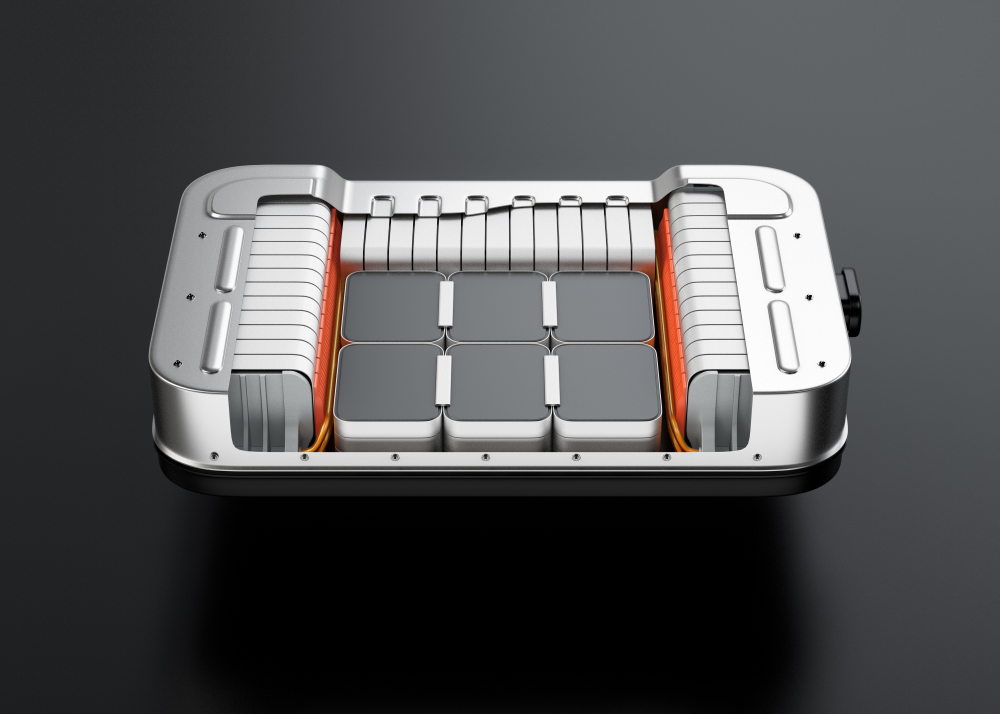
Better waste management methods need to be developed for the disposal of lithium-ion batteries in electric vehicles (EVs), a report by the Faraday Institution and the U.S. Department of Energy’s (DOE) Argonne National Laboratory has found.
Although EVs help reduce greenhouse gas emissions, producing batteries for the vehicles does have an impact on the environment. In addition, existing recycling methods are limited when it comes to lithium-ion batteries.
“Right now, the number of EV batteries requiring recycling is relatively modest. However, we can anticipate a dramatic rise in waste lithium-ion batteries as the number of EVs on the road and reaching end-of-life grows,” Gavin Harper, lead author of the study and The Faraday Institution research fellow, said.
The goal of new recycling methods is to divert materials from landfills and to recover and reuse valuable materials and elements. Currently, recycling is challenging because lithium-ion batteries are manufactured in a variety of designs and chemical components.
The DOE’s first lithium-ion battery recycling center ReCell and The Faraday Institution are collaborating with industry and academic organizations to improve battery recycling.
ReCell hosted a meeting last week at Argonne to discuss how the partners are achieving their goal and how to move forward.